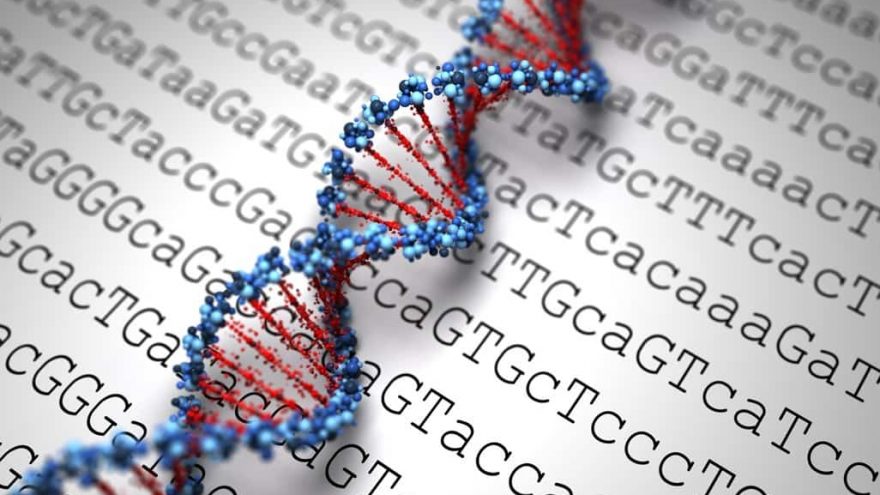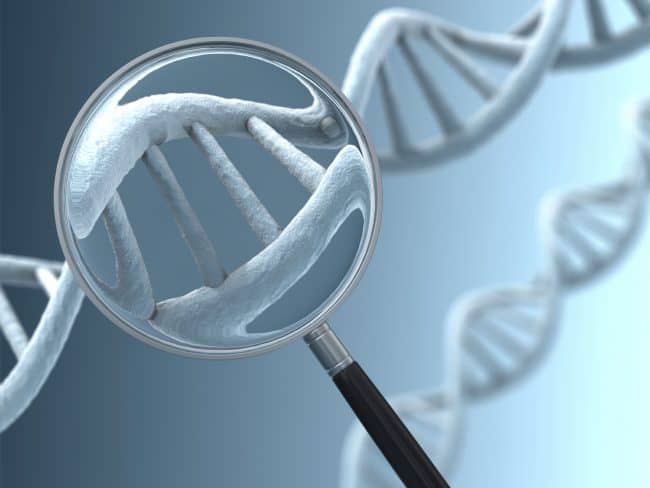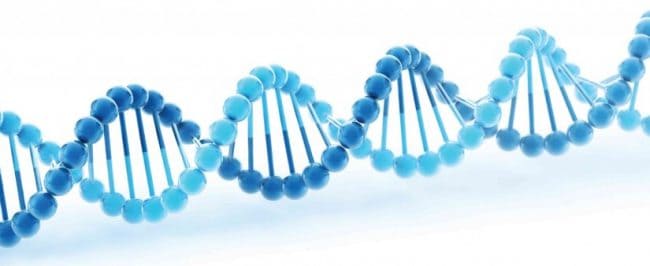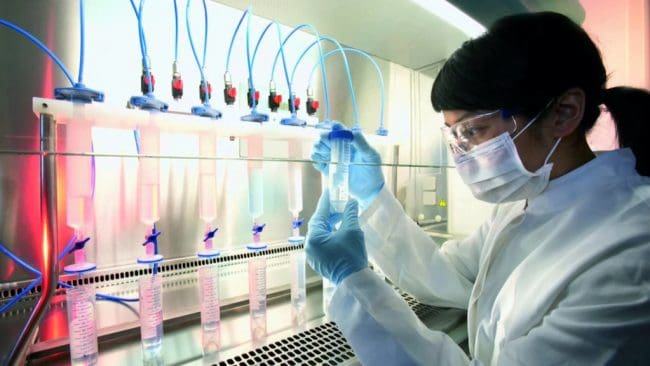How Is Genetic Testing Done And Who Should Do It?
Disclosure: We use affiliate links and may receive a small commission on purchases.
 How Is Genetic Testing Done And Who Should Do It?
thefitbay.com
How Is Genetic Testing Done And Who Should Do It?
thefitbay.com
There are lots of shows on TV these days looking into family history and genealogy. Everyone is fascinated by where they came from and their ancestry. It’s quite common for the program subjects to take a DNA test to look at the genes that make up the person, so they can see where they came from, and their genetic background. These same tests can also be used to check for possible health problems, where specialists look at the DNA structure of the subject to see if they are prone to any particular disease or trait. This clinical DNA testing is still a mystery to most people and is a moral maze for those who want to act on the results. Let’s try and make things clear in this article.
What is genetic testing?

A genetic test will look at the basic building blocks of any particular person – the genes. These are the DNA instructions inherited from a mother and father that determine how a person will grow, the color of hair and eyes, and much more. What most people are interested in is how genetic testing can identify if a person has an increased risk of getting a specific disease, so that a treatment or response can be formulated. The results can rule out of confirming if a subject has a suspected genetic condition and whether it may develop or be passed on. There are hundreds of different genetic tests available, and there are about half a dozen main areas of examination.
In diagnostic testing, the idea is to precisely identify what is making a person ill. The results of the test allow choices to be made on how to treatand manage the person’s health.
Pre-symptomatic and predictive tests are used to find the gene changes with will increase the likelihood of a person developing a particular disease. The information is useful in making decisions about healthcare and lifestyle.
Carrier testing looks for people who have a gene change that can be linked to a particular disease. Carriers may not show signs of the disease but have the ability to pass it on to their children, who may then develop it, or be carriers too. This type of testing is usually prescribed for people who have a family history of a specific inherited disease or are in an ethnic group with a higher risk of an inherited disease. Mothers are sometimes offered prenatal testing to identify if their fetuses have a specific disease.
The testing can also be done on newborns, a few days after birth, to see if they have any diseases that may hinder their health or development.
Pharmacogenomic testing is done to see how medicine is affecting a person’s body, and how it is being processed. This gives healthcare providers an indication of which drugs work best with others of your genetic makeup.
Research testing is used as a voluntary screening program, where a person’s DNA is examined and compared to others so that a picture can be built upon variations in the human body and how that affects health and disease.
We have to remember that genetic testing is voluntary. The decision whether to be tested is personal and complex as the test has limitations and risks as well as benefits. It is always wise to get the advice of a medical professional such as a geneticist or a genetic counselor to discuss the social and emotional aspects of undergoing a test before proceeding.
What might I learn from a genetic test?

The results of any form of genetic testing are complex and are not easily deciphered by the layperson. That is why it is best to have a geneticist or genetic counselor explain the results and what they will mean to you and your family. It is sometimes the case that the test might not have implications for the subject but for blood relatives. That said, a genetic analysis could provide information on the following:
- Help to diagnose a disease
- If a disease is already diagnosed, identify the changes in the genes responsible
- Determine how severe illness may be
- Give clues to doctors on the best course of treatment and the best treatment for a particular individual
- Identify the gene changes that are likely to increase the risk of the subject developing a disease
- Identify the gene changes that can be passed on to the next generation
- Screening of newborn babies to see if they have a disease, and how it may be treated
How is genetic testing done?

If you are a fan of CSI or any of the popular cop shows on television, you must have seen a suspect asked for a DNA sample, and their cheek swabbed. Well, that is probably the simplest and most common form of genetic test. A clinical genetic test can also be carried out on a blood sample, a strand of hair, or a piece of skin, or even the amniotic fluid that surrounds a fetus in pregnancy. In the criminal case the sample is processed to look for a DNA profile, but in clinical testing, the search is more specific. The technicians in the lab will look for specific changes in DNA, chromosomes or proteins depending on the disease or disorder they are looking for. When testing newborn babies, a blood sample from a pinprick on the heel is sufficient. With the testing of newborns, only if there is a positive result will the parents be contacted so that additional testing may be carried out. Genetic testing done in a medical situation will come with the necessary expert help and guidance. The health professionals will run through how the testing works, and the possible consequences of a result, education the person taking the test, so they know exactly what is involved and are in a position to give informed consent to the test.
Direct-to-consumer testing
Nowadays, you do not have to visit a health professional to get a test. A number of companies offer self-testing. Even though the test can cost many hundreds of dollars, these services do not necessarily provide the expert backup to properly interpret the genetic test. These services send a cheek swab to be returned for testing. If the swab is not taken correctly or is contaminated in any way the test will be invalid, but without expert knowledge that might be unavoidable.
What are the pros and cons of genetic testing?

For most people, a genetic test is there to give peace of mind. The test is performed so that uncertainty surrounding their health can be removed. Doctors can then recommend a form of treatment, and give their patient more information regarding their illness and how it may affect their family’s health. Early screening for some diseases means patients can change their habits such as diet and exercise to stave off an illness or reduce its effects.
Genetic testing is not cheap, so it should not be embarked upon on a whim, and it is best done in cooperation with a medical professional. The emotional impact of a genetic test can be the hardest of all. Knowing you, or a family member is at risk can add to the stress of living. Some people feel guilty, anxious, angry, or depressed when getting the test results.
One should never put too much hope in genetic testing. There are limitations to what it can tell about an inherited disease. A positive result does not always mean you will develop a disease, as it is hard to predict the outcome.
When should you decide on a genetic test?
It is not something that can be done on one’s own, or just with family members. It is best to consult a medical professional, a geneticist, or a genetic counselor before embarking on the testing process. Some families who have a history of genetic disorders are often advised to have tests to clear away uncertainly. Again it should always be done with the right professional support and backup to make the results clear and understood.










